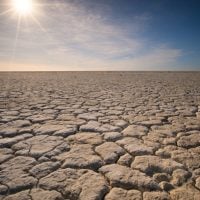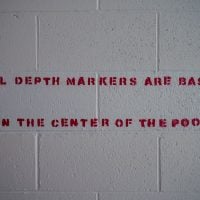Deadline: 30-Sep-2025
The 2nd International Contest for Educators focuses on the development of methodological materials on climate change. It is based on the educational toolkit “Climate Box” and aims to inspire educators to create innovative content, enhance their professional skills, and enrich current educational resources.
This contest seeks to motivate educators to design materials tailored to different age groups. It also encourages the expansion of “Climate Box” content through new themes and teaching strategies. A major goal is to promote modern teaching methods like gamification, digital tools, and interdisciplinary learning to boost student interest. Through expert feedback and publication opportunities, educators are offered a platform for professional growth. Another important objective is to build a useful database of educational resources that can be integrated into school curricula.
There are four main categories for submissions. One is the integration of climate change topics into regular classroom subjects and lessons. Another focuses on extracurricular activities that address climate change. The third involves creating video lessons and educational media. The fourth invites strategies for guiding students in developing climate-related projects.
Participation is open to teachers and educators involved in climate change education. Ideally, they should be familiar with or use the printed or digital version of the “Climate Box Toolkit.”
Submissions will be evaluated based on category-specific criteria. For classroom integration, judges will look at how well climate topics are included in the curriculum, the diversity of teaching methods, opportunities for student reflection, involvement of stakeholders, and promotion of climate-conscious behaviors.
Extracurricular activities will be judged on their relevance to climate change, the creativity of the approach, the level of collaboration, scalability to other schools or regions, and measurable impact on student understanding and behavior.
Video lessons and educational media will be assessed for clarity and accuracy of content, creative presentation, age-appropriateness, usefulness in educational settings, and student involvement.
Strategies for developing student projects will be evaluated for their innovation, adaptability to different environments, the degree of student engagement, promotion of climate responsibility, and inclusivity of diverse student abilities.
For the classroom integration category, lesson plans must be submitted as separate PDF files. Each lesson should be no more than five pages or 2,500 words, written in Times New Roman or Arial, size 12, with 1.15 line spacing. These plans must include the lesson topic, climate change theme, subject area, and target age group.
Extracurricular activity plans should be submitted in a single PDF file of up to seven pages, not exceeding 3,500 words. Submissions must include the activity title, related climate change topic, participant age group and number, location, and a detailed activity script. The script should describe the introduction, main content, conclusion, and participant reflection.
Video entries must be in MP4 or another commonly used format and should last between one and five minutes. A brief written summary in PDF format, up to two pages, must also be submitted. This summary should describe the video’s title, theme, intended audience, learning objectives, content overview, and how students or educators contributed to the video creation.
For strategies on climate-related student projects, entries must be in PDF format, no longer than seven pages or 3,500 words. Additional materials like presentations or project samples can be attached separately. Each strategy should clearly explain its objectives, structure, and relevance to climate education. It should also outline the preparation stages, such as planning, research, analysis, and presentation. The methods and tools used to guide students through the project process must also be included.
For more information, visit UNDP.









































